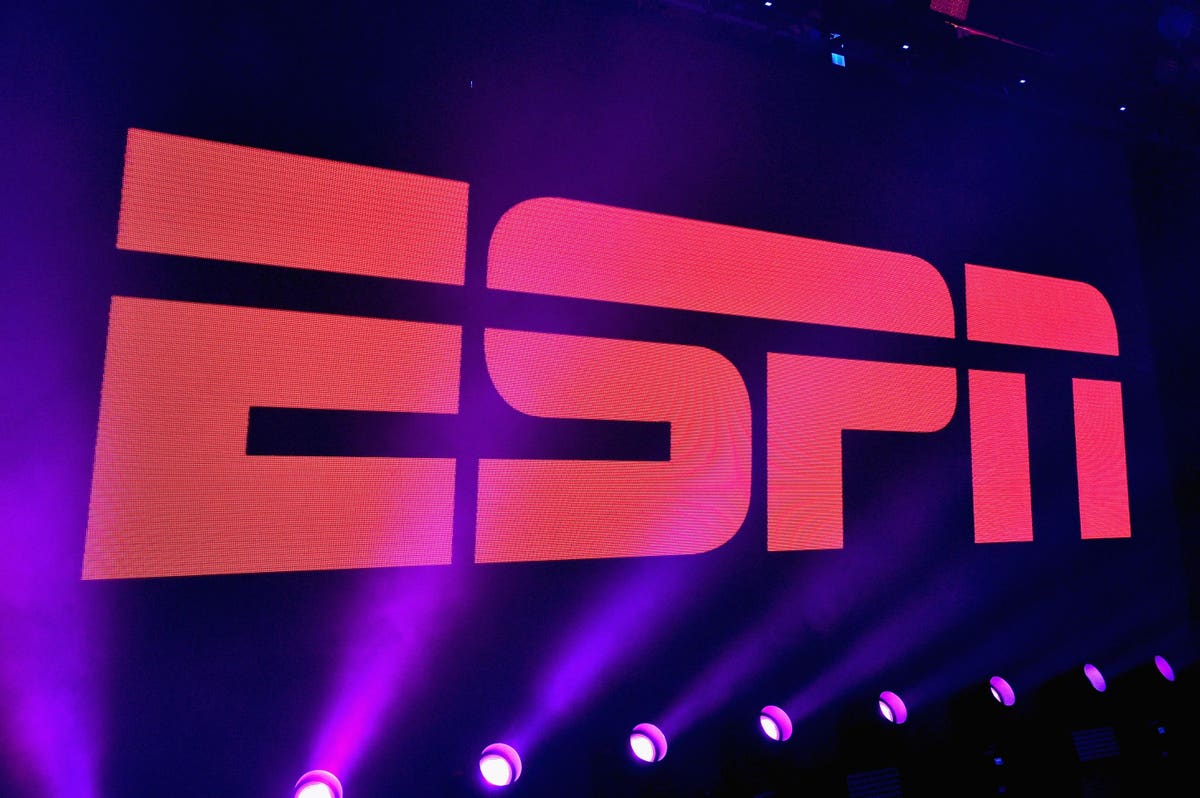In one of the biggest carriage disputes in recent history, Charter Communications
CHTR
Although carriage disputes are always revolving around pricing, I think the issue here is more deep-rooted, with ESPN planning to make a big bang in the online world. Although it has already launched ESPN+, an online offering, the programming is weak as ESPN doesn’t have online rights to much of its channel line-up.
However, it has been in talks with the major sports leagues about launching an online version of ESPN with the leagues having an equity stake. This may allow them to have early renegotiations on their sports rights packages and expand their rights to enable them to air more games in an online direct-to-consumer DTC product.
Another big issue is that Disney has reportedly been in talks with Amazon
AMZN
If ESPN were to partner with Amazon and the major sports leagues to launch a powerful online offering of ESPN, the results would be devastating for multichannel operators like Charter Communications. Therefore, it wouldn’t be surprising if much of the root of the dispute between Charter and Disney are over the terms of online rights for the channel.
Another factor in the dispute is that Spectrum has been trying to revise its programming packages, one with regional sports networks (RSNs) and some national sports networks, and a cheaper package without them. With the owner of the Bally branded RSNs, Diamond Sports Group, in Chapter 11 bankruptcy and many other RSNs struggling, they no longer have the leverage they once had.
With the actors and writers guilds both on strike, there is already a dearth of programming on cable. SAG-AFTRA, the actors union, has made 100’s of exceptions to allow filming of shows by those that are not members of the Alliance of Motion Picture and Television Producers (AMPTP) as long as they abide by terms of SAG-AFTRA’s last proposal to the studios and they aren’t written by members of the Writers Guild of America. So most are overseas productions and most mainstream prime-time TV shows remain at a production halt.
Taking off live sports could be a death blow to Charter’s video subscription service if this dispute is not resolved soon. However, with margins declining year after year on video, Charter doesn’t seem to care and is unlikely to budge.
“We’re on the edge of a precipice. We’re either moving forward with a new collaborative video model, or we’re moving on,” Charter CEO Chris Winfrey said on a conference call today. “We respect the quality product that Disney produces and it’s management team. But the video ecosystem is broken,” Winfrey added.
And management made clear on the call that it was prepared for a permanent break in the relationship with Walt Disney. “If we’re unable to come to a deal, and ultimately move on from the traditional video business, the margin profile of our business should improve and its capital needs should decline,” CFO Jessica Fisher said on the call.
Read the full article here





